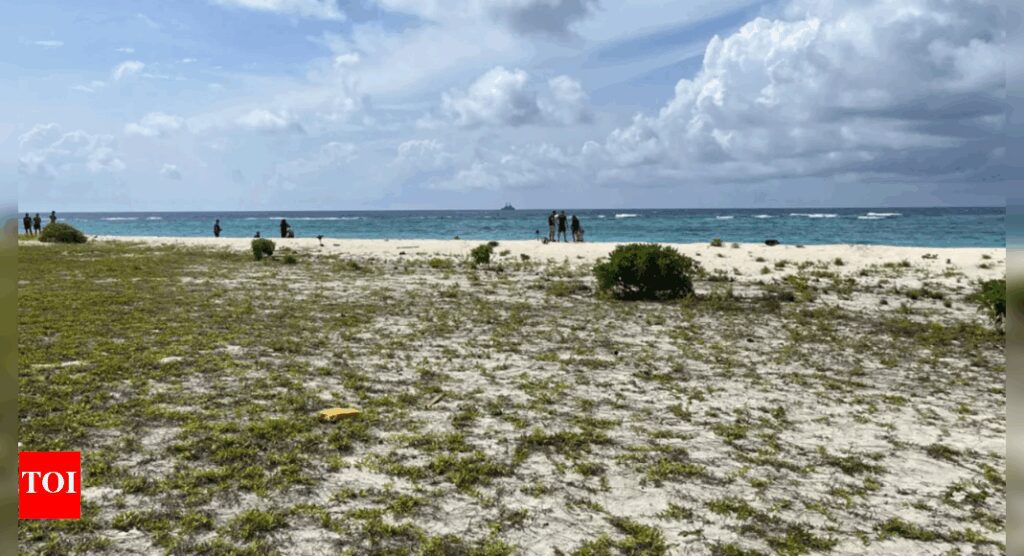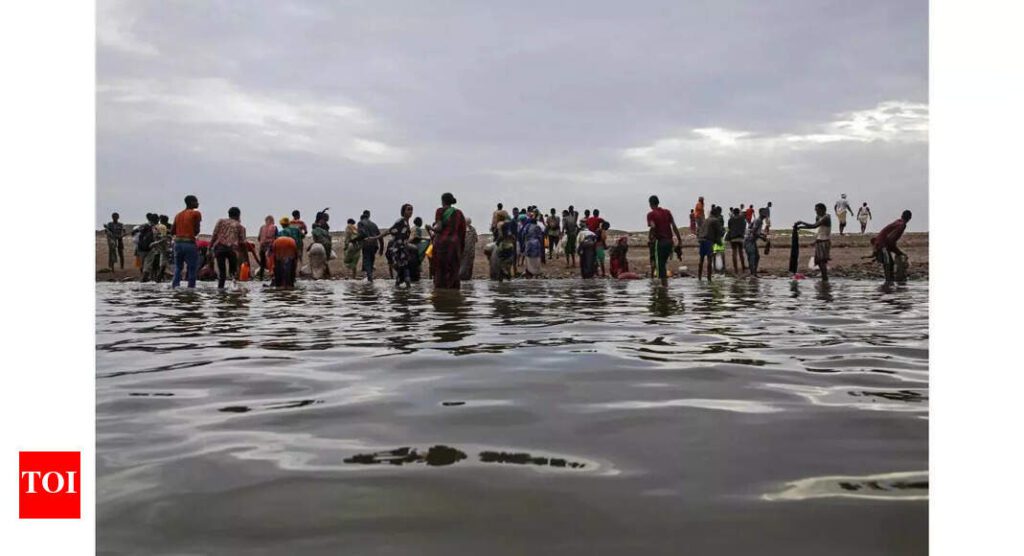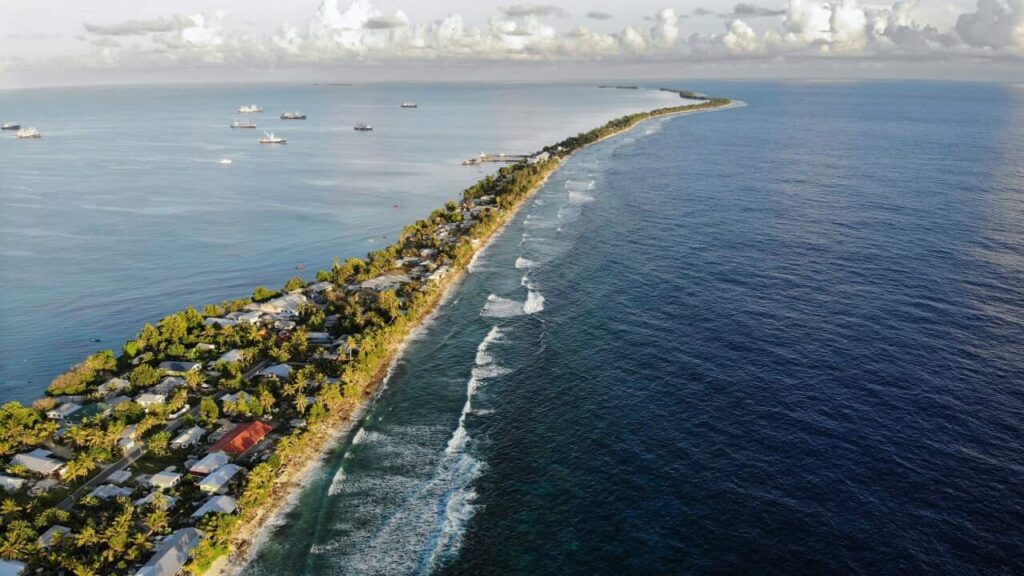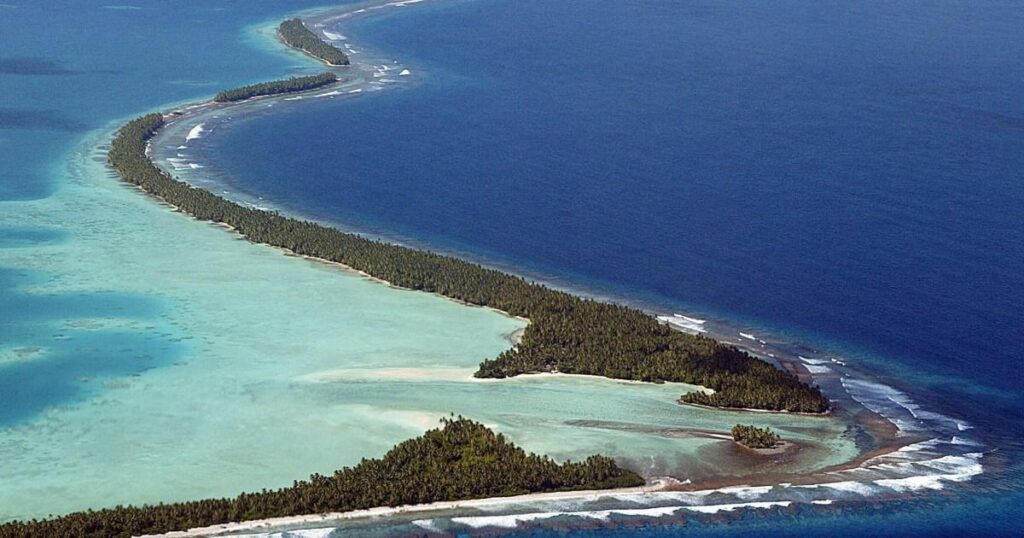Australia’s Climate Visa: A Blueprint for Sinking Islands?

What is the New Climate Visa in Australia?
Australia is stepping up to support Tuvalu, a small Pacific nation facing severe climate challenges. In response to these concerns, a groundbreaking climate visa will allow Tuvaluans to migrate to Australia. This initiative follows the signing of the Falepili Union Treaty, which aims to provide a safe pathway for Tuvaluans affected by rising sea levels.
Why is This Visa Important?
Tuvalu’s citizens are at risk due to climate change, with scientists predicting their capital, Funafuti, could be underwater within 35 years. With two major weather-related disasters already affecting the nation, this visa represents a vital lifeline for those who may need to leave.
Starting in 2025, each year, up to 280 Tuvaluans can apply to live, work, or study in Australia. This visa not only allows for greater mobility but also preserves Tuvalu’s cultural identity.
How Does the Climate Mobility Pathway Work?
The process is straightforward. Each year, 280 individuals who meet specific criteria can join a ballot. Eligible applicants must be over 18, hold a Tuvaluan passport, and have a connection to Tuvalu, such as being born there or having a parent or grandparent from the country. This initiative prioritises those in urgent need, so citizens who already have options, like New Zealand citizenship, will not be eligible.
The program even caters to those with disabilities or chronic health conditions, ensuring inclusivity.
The Perks of the Climate Visa
Successfully obtaining this visa offers permanent residency benefits, including subsidised education, healthcare, and social welfare programs. This means migrants can look forward to a supportive environment as they integrate into Australian society.
Unlike traditional visas, which often require a job or study commitments, this climate visa provides flexibility. Tuvaluans will have the freedom to explore educational and employment opportunities without being tied down.
What Makes a Climate Migrant Different?
Many people are confused about the distinction between refugees and climate migrants. Traditionally, climate-related migration hasn’t received legal recognition in the same way as refugee situaciones. Unlike refugees fleeing conflict, climate migrants face natural disasters but lack the formal protections. The Falepili Union Treaty marks a significant shift, acknowledging climate change as a key consideration in migration policies.
Could Other Nations Follow Suit?
Australia’s initiative could inspire other nations threatened by climate change, such as the Maldives or Kiribati. However, more nations need to create adaptable frameworks for those in need. Currently, many countries react only after disasters occur, which doesn’t provide sufficient preventative support.
What does this mean for International Job Seekers?
If you’re considering moving to Australia, this new climate visa presents an exciting opportunity. While it specifically targets Tuvaluans, it highlights Australia’s commitment to finding solutions for those affected by climate challenges. If you’re exploring other visa pathways, like the 482 visa or Skilled Migration options like the 189 or 190 visas, you might find that Australia is increasingly open to diverse backgrounds, fostering a welcoming atmosphere for all.
What do you think?
Have a question about this topic or your own plans to move to Australia? Scroll down and leave a comment. We’d love to hear from you.
Thinking about moving to Australia? Have questions or need help?
Join our free and supportive community here at Oz Visa Forum.
Post in our forums to get advice and support from people who’ve already made the move Down Under.
Not sure where to start? Click here to get started







Responses